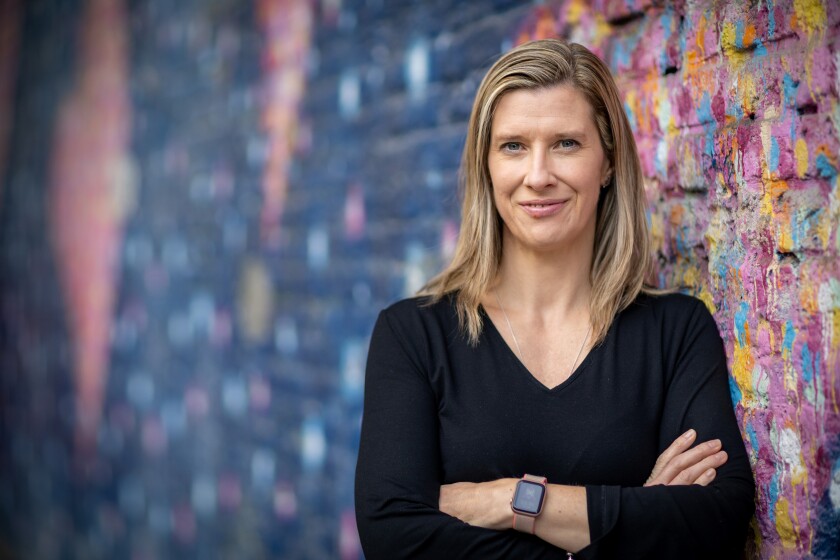CEO of Ericsson in the UK and Ireland Katherine Ainley discusses standalone 5G and whether we might see a similar AT&T deal in Europe.
It’s been five years since the launch of 5G in the UK, Ainley believes that whilst geographical coverage is strong, now is the time to shift to standalone 5G, the ‘gold standard’ of 5G.
She commented: “Many CSPs began their 5G journey with non-standalone architecture, which uses existing 4G LTE radio access to support new 5G services.
"Through mid-band spectrum and standalone 5G, we can unlock the next level of connectivity. We successfully launched standalone 5G with Vodafone in early 2023 with more launches expected in the year ahead.
“Standalone 5G not only has enhanced speeds and ultra-low latency but also enables network slicing which has the potential to be the most transformative mobile network feature in a generation.
The historic event of the Coronation of King Charles was broadcast around the world as millions tuned in to watch the historic event. However, it wasn’t the only historical event to take place that day.
ITN, Vodafone and Ericsson joined together to deliver a broadcast feed using network slicing on a public 5G standalone network for the first time.
“Essentially a network slice creates a private network where we can guarantee a certain level of service. We’ll continue to seek out best-in-class network slicing use cases in partnership with operators and businesses in 2024.
“Broadcast history was made during the coronation of King Charles III as Ericsson joined forces with Vodafone and ITN to transmit coverage of the coronation for the first time over a public 5G standalone network.”
It is a challenging time for many businesses, but leveraging the capabilities of 5G can unlock growth and new opportunities Ainley believes. The UK Government's Wireless Infrastructure Strategy estimates that if adopted at scale, 5G could facilitate productivity gains amounting to £159 billion for the economy, at a time when it's needed most.
More widespread adoption of standalone 5G along with network slicing will offer a new standard of connectivity.
Ainley commented: “There has been great progress here, with our recent Mobility Report finding that, to date, around 290 5G networks have been launched commercially, of which more than 40 service providers are offering services based on standalone technology. However, work remains in closing this gap to curate the best solution for business.
“Last year, Port of Tyne partnered with BT and Ericsson to deploy a 5G private network and smart port technology across the entire estate.
"The private network will support autonomous navigation technology, remote crane operations, connected drones, wearable technology, and a connected ecosystem of AI sensors.
“We need to see more businesses collaborating with our industry to dream up exciting new 5G use cases which will transform operations and unlock growth.”
Last year news broke of the $14 billion deal that will see Ericsson and AT&T collaborate on an industry-defining network transformation and digitalisation agreement. It is the largest financial agreement in the history of Ericsson.
AT&T announced in December they had selected Ericsson to partner with on developing open RAN networks that will see 70% of its wireless network traffic flow across what it terms “open-capable platforms” by late 2026.
As a result, Ericsson saw its share price increase by almost 10% when the news broke. Meanwhile, Nokia saw a similar drop in their share prices.
Ainley said: “While this deal is specifically related to the US market, it is representative of our commitment to open network architectures.”
“As a company, Ericsson has always embraced the principle of openness and the evolution to increasingly open network architectures, with involvement in several projects to promote acceleration.
“Our key focus in the UK this year is the continuation of the 5G rollout in what is a critical year in the UK’s connectivity journey. Through the unlocking of new industrial and consumer use cases, 5G technology can revolutionise UK business and society. We’re well on our way in UK coverage with Ofcom commenting this now stands at between 76 – 85% by at least one operator.
"At Ericsson, our commitment this year will be to continue bringing this technology to where it is needed most.”






